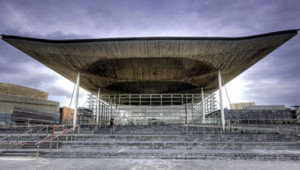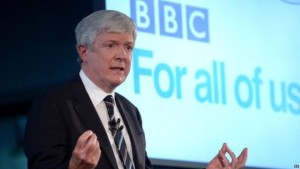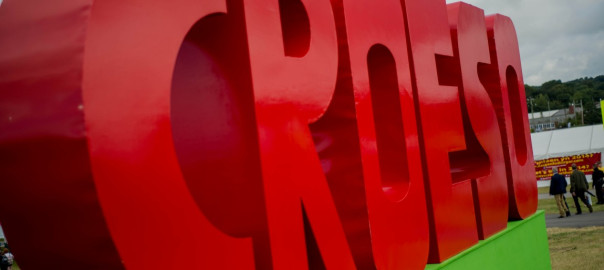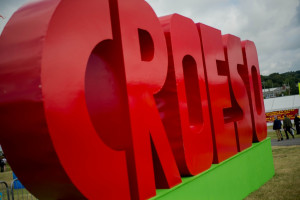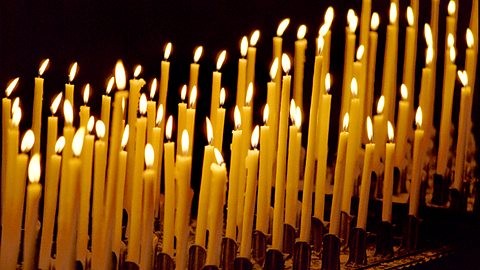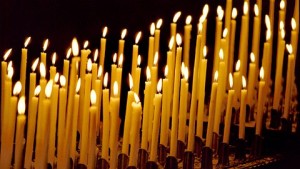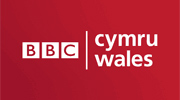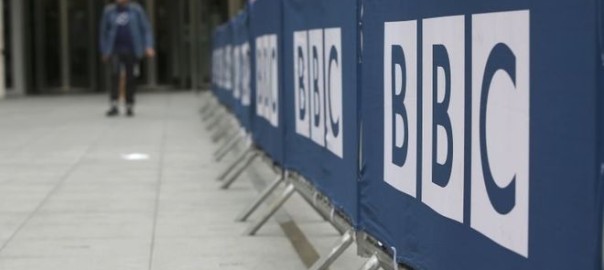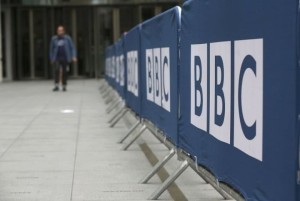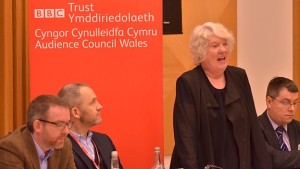Throughout the past week the Media Policy Group of the Institute of Welsh Affairs has been publishing its draft analysis of the state of main media sectors in Wales. This approach has allowed us to receive valuable feedback on our chapters on the radio industry and the press that will be incorporated into the final report. This will be launched at the Cardiff Media Summit on November 11th. We have also had the benefit of expert comment pieces carried on the IWA site and look forward to more. It is proving to be a good experience of dialogue around these important issues and of the kind of debate about them that has long been called for in Wales.
The analysis we have laid out is sobering. Continue reading IWA Media Audit – Dialogue and Debate

